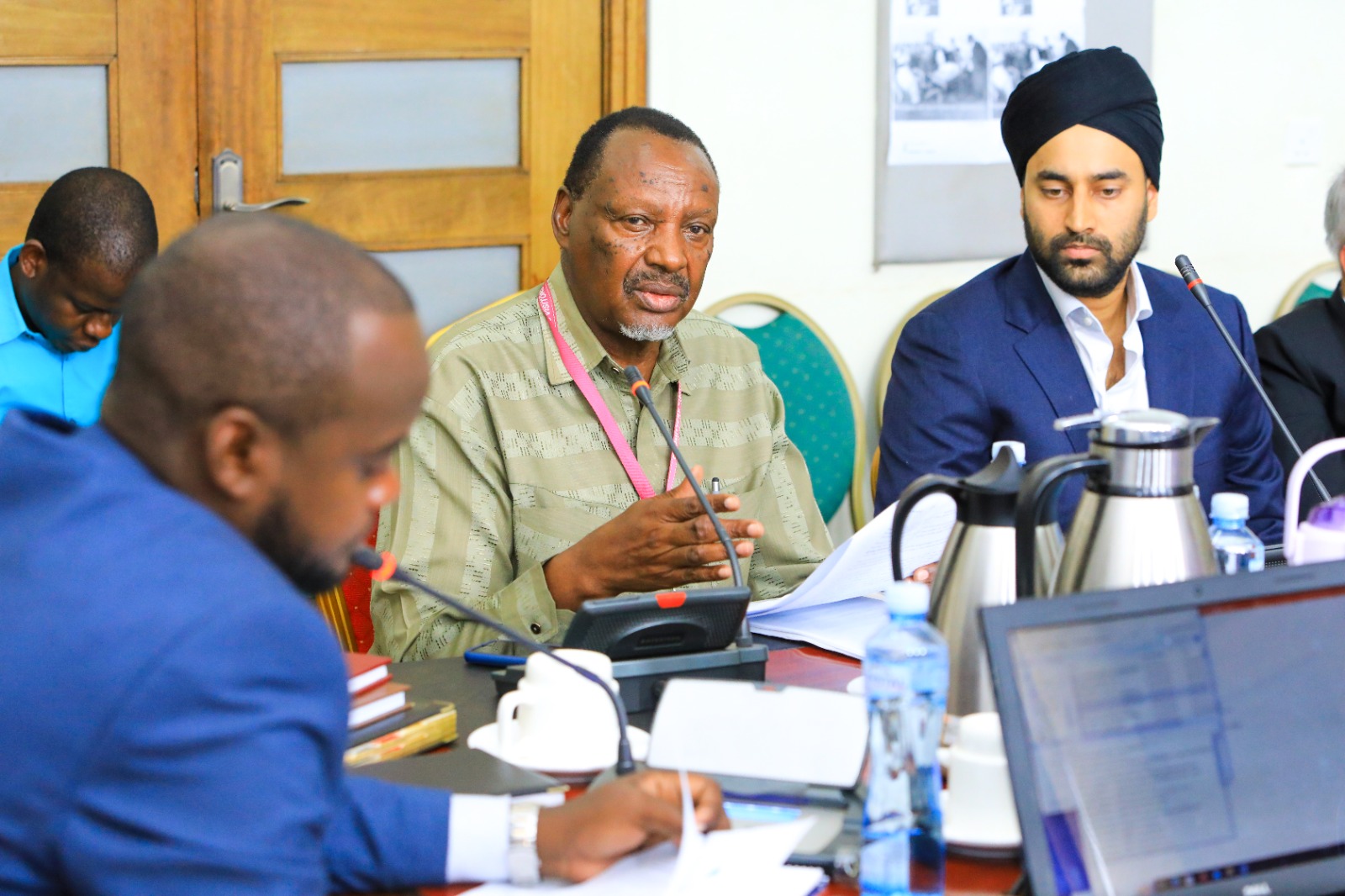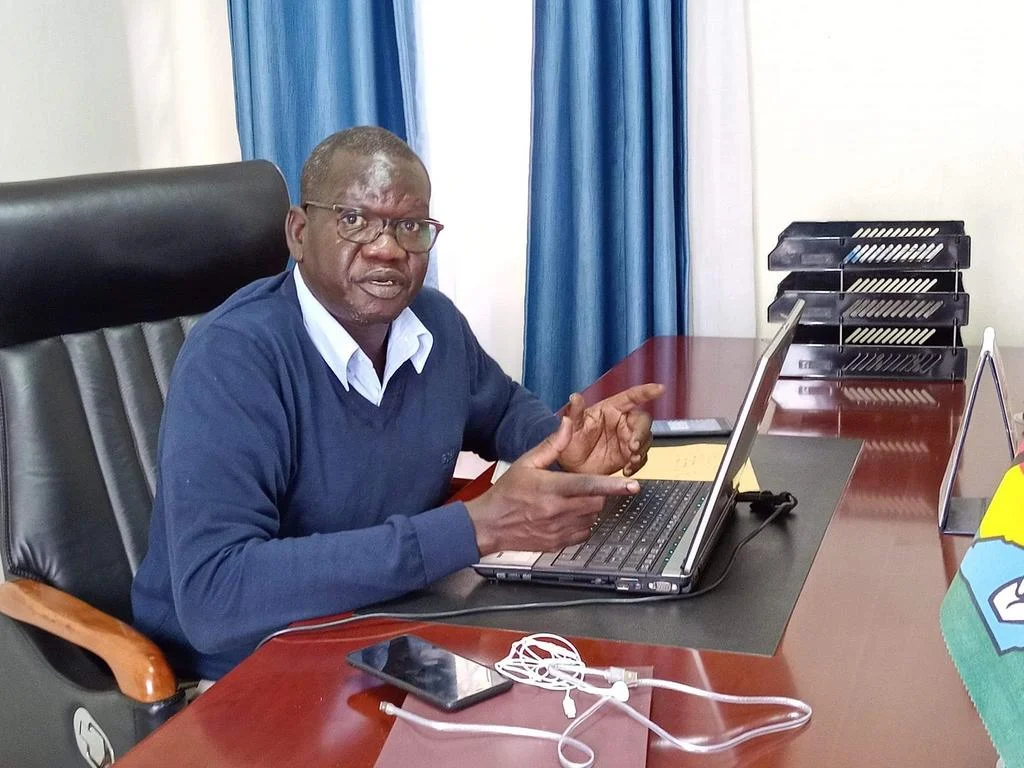Manufacturers, represented by the Uganda Manufacturers Association (UMA), have agreed to engage with traders from both retail and wholesale sectors to address ongoing disputes. This decision follows complaints from traders in Kampala and rural areas about unfair practices, including manufacturers undercutting their prices and bypassing traditional distribution channels.
During a meeting at Kololo Independence Grounds on May 8, 2024, various trader associations voiced their concerns to President Yoweri Museveni. They highlighted how manufacturers’ actions were negatively impacting their businesses, despite their significant contributions to the country’s tax revenue.
Traders alleged that manufacturers were operating wholesale and retail outlets, selling directly to consumers at prices lower than what they offered to traders. Additionally, they accused manufacturers of sending sales agents to retailers with discounted products, disrupting the established distribution network.
Rachael Ssentamu, a hardware trader, cited instances where manufacturers encroached on wholesalers’ territory by supplying goods directly to construction sites at reduced rates. She emphasized how these practices disrupted the supply chain and affected traders’ livelihoods.
In response to these concerns, State Minister for Industry David Bahati initiated discussions between UMA and traders to address their grievances. Bahati, along with UMA chairman Deo Kayemba, committed to organizing dialogues between manufacturers and traders across various sectors.
Bahati emphasized the importance of sector-specific meetings, where manufacturers would directly engage with traders to resolve issues. These discussions would cover topics such as pricing discrepancies and the impact of manufacturers’ direct sales on traders’ businesses.
The outcomes of these meetings will be compiled into a report and submitted to the President for review. Once approved, the recommendations will be integrated into the regulations of the recently passed Competition Law, ensuring fair practices within the industry.
Kayemba acknowledged that some UMA members had inadvertently contributed to the problem by engaging in direct sales. However, he expressed a commitment to establishing clear guidelines to prevent such practices and promote collaboration between manufacturers and traders.
In addition to addressing distribution concerns, manufacturers raised issues related to access to financing. They urged the government to leverage its influence to lower lending rates and provide long-term financing options to support industrial growth.
To address the high cost of financing, the government allocated funds to the Uganda Development Bank (UDB) and pledged to lower interest rates for Small and Medium Enterprises (SMEs). Bahati highlighted the need for transparency from commercial banks regarding available credit options and interest rates.
Moving forward, collaborative efforts between manufacturers and traders aim to foster a more conducive business environment. By addressing grievances and establishing clear guidelines, both parties seek to promote fair competition and sustainable economic growth.
The discussions took place during the Financial Symposium and Exhibition organized by UMA, focusing on financing solutions for the manufacturing sector. With ongoing dialogue and cooperation, stakeholders aim to overcome challenges and drive progress in Uganda’s industrial landscape.




















